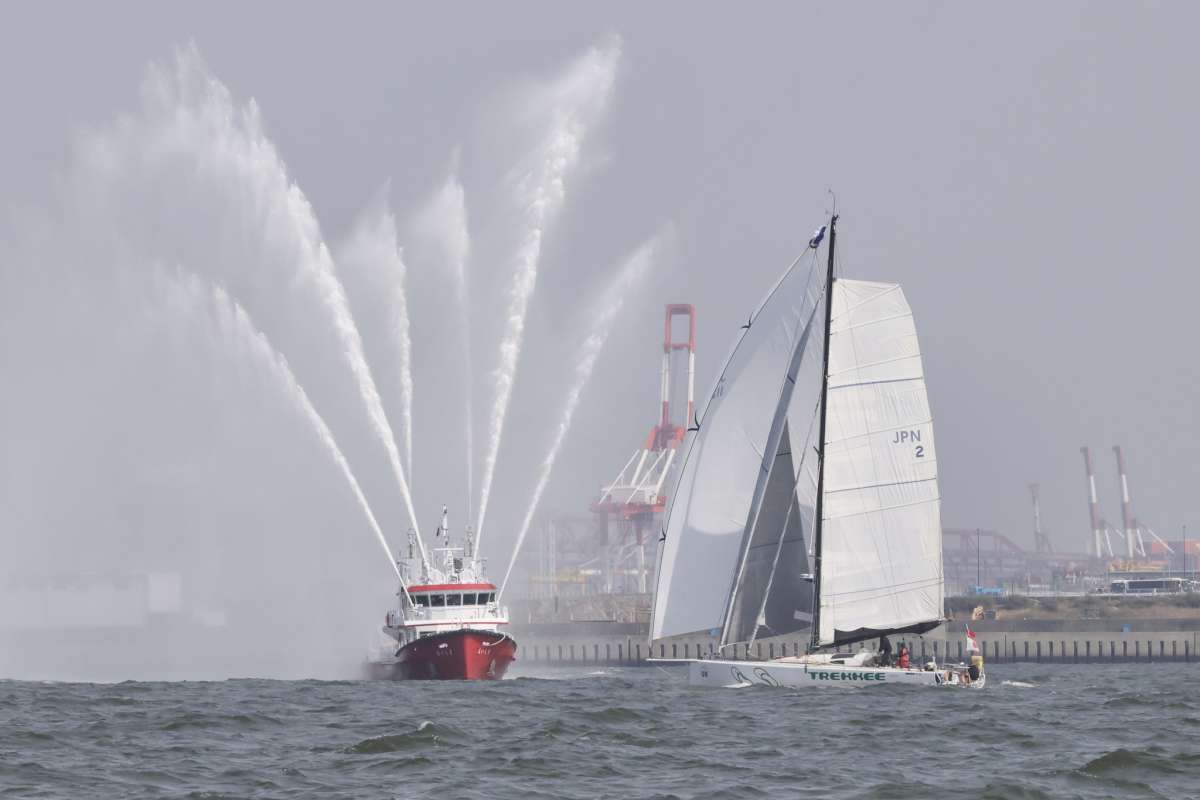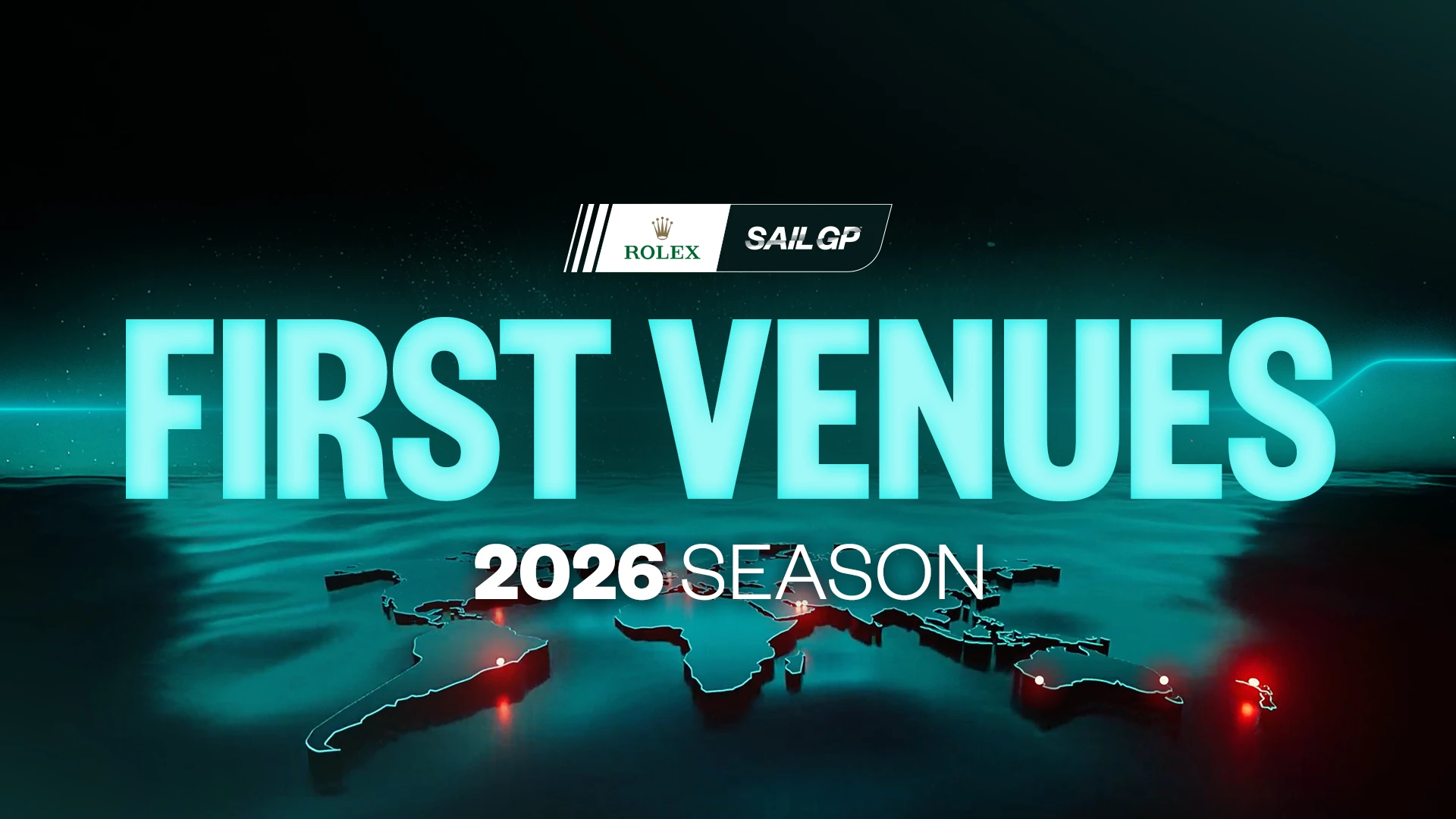|
The Intergovernmental Oceanographic Commission of UNESCO (IOC UNESCO) and IMOCA Ocean Masters World Championship team up to gather climate change data in the remotest parts of the globe, particularly the Southern Ocean. The IMOCA Ocean Masters skippers, such as defending World Champion Jean Le Cam, go where only few people dare to go: To very remote oceanic areas of the Southern hemisphere below 45°S and down to 55°S as they pass Cape Horn, where some of the world´s most extreme climactic conditions, the strongest winds and largest waves, await them on their IMOCA class 60ft sailing yachts as they race non-stop single- or double-handed around the globe. Next time Jean Le Cam he goes there, he will make a contribution to helping scientists better understand climate. The Southern Ocean not only represents Eldorado for world class offshore sailors, it also plays an essential part in global warming. Acting like a giant lung, the Southern Ocean seasonally absorbs vast amounts of carbon dioxide (CO₂) and heat, playing a key role in regulating the earth’s climate. To conduct their studies, scientists analyse measurements of essential climate variables such as CO₂ concentration, sea water temperature and salinity. This data is collected by autonomous instruments, research vessels or by specially-equipped merchant ships as they travel along major trade routes. The analysis is internationally coordinated, but coverage is limited geographically to each ship’s actual itinerary. As a result, on trade routes the waters are very well observed, whereas in other areas, such as the Southern Ocean, few observations exist. Skippers sailing around Antarctica thus represent an ideal opportunity to gather important data through buoy deployments or via instruments installed onboard their yachts. As future trends in carbon uptake by the Southern Ocean are very difficult to predict reliably, it is therefore critical to continue recording data here. That´s were Jean Le Cam and his fellow skippers from the IMOCA Ocean Masters World Championship come in: To form a unique partnership with UNESCO´s Intergovernmental Oceanic Commission, the UN´s governing body when it comes to promoting and coordinating international marine research. What started with cooperation between IOC UNESCO and the Barcelona World Race in 2010 resulting in a minilab being fitted on one of the participating yachts, was extended in 2014 to eight vessels from which Argo beacons were dropped into the South Atlantic. These then sent back temperature and salinity data from this remote and infrequently visited part of the ocean. With the signing of a cooperation agreement between IOC-UNESCO and the Class, all 30 IMOCA skippers have chosen to participate with their boats in the data-gathering project in the five races of the IMOCA Ocean Masters World Championship. Every IMOCA 60 will eventually be equipped with a standard environmental pack, which will serve the needs of scientific research and operational oceanography without compromising the performance of these state of the art racing machines. The IMOCA Class is working together with experts from JCOMMOPS and the World Meteorological Organisation (WMO), who provide coordination at an international level for marine observations from drifting buoys, moored buoys in the high seas, research vessels, ships of opportunity and sub-surface profiling floats. – Open Sport Management |

Hugo Boss ahead of the start of the Transat Jacques Vabre. Photo Alex Thomson Racing.





















